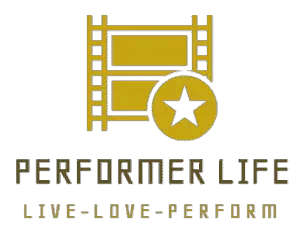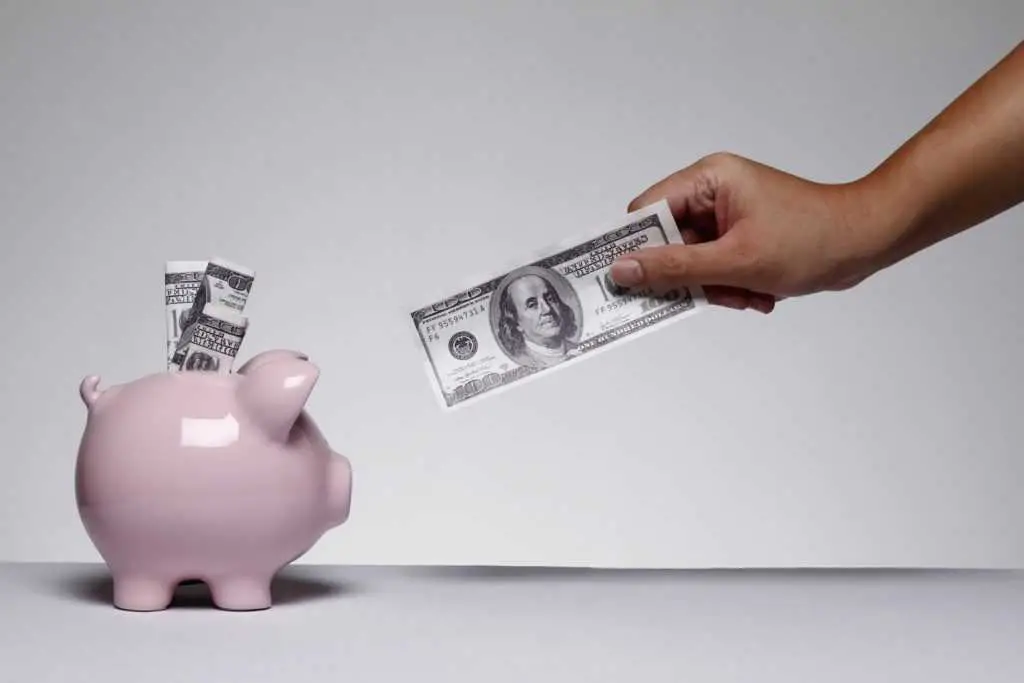Becoming a DJ can be exciting, but it can also be expensive. You have to get a good laptop, music software, headphones, and other DJing equipment. And unless you get some fantastic contract for regular gigs at a venue, you basically have to run a business.
In some cases, DJs pay royalties so that they can play the music of their choice. Buying a song or album is a great start to including it in a mix, but that’s not the end of it.
It’s up to the DJ or the venue to pay a royalty so that they have the legal right to play a certain song.
You may not always have to pay royalties, such as if you mix your own music. However, paying royalties is something to consider when budgeting for a show.
Then, you can figure out how much you’ll make from the gig and how much you’ll have to pay for licensing.
Table of Contents
What Are Royalties?
A royalty is a payment you make to a musician or songwriter in exchange for the use of their song. The songwriter can license the song for you to use in your DJ set, but they still own the music.
You get to borrow it, but you also have to compensate the original musician for their work.
Without a royalty, you shouldn’t play music that you didn’t create. And while you may significantly alter a song, it’s still the original work of someone else.
The easiest way to pay royalties for music is to go through a performing rights organization (PRO).
There are a few big PROs, including American Society for Composers, Authors and Publishers (ASCAP), Broadcast Music, Inc.
(BMI), and Society of European Stage Authors and Composers (SESAC). If you ever need to play music, you can check with those organizations to see if the artist is a member.
Then, you can easily pay a royalty for using the work of members of that group. It’s much easier than having to pay multiple artists separately.
When DJs Pay Royalties
Some DJs will almost always need to pay royalties, while it will be rare for others. DJs in Canada, the UK, and Italy have to pay royalties per the local laws.
Depending on the country, the fee lets you play and edit songs that are under copyright.
If you want to start DJing in one of these countries, you’ll need a license before starting your career. However, the license will cover you for just about anything you could want to do as a DJ.
You’ll be able to play songs as they are, and you can edit and mix them.
In other countries, like the US, you may need to pay royalties occasionally. Before a gig, check with your venue on the status of royalties and licensing.
Some clubs and bars have a license that you can work under when performing there, but others won’t have that.
If you want to DJ somewhere without a license, you’ll need to pay the royalties. Even if the law doesn’t specifically require you to pay, someone has to cover that expense.
Just make sure you know if you have to pay the royalty or not before you accept a gig.
When DJs Don’t Pay Royalties
While you should always prepare to pay royalties for music, you may not need to sometimes. In the US, a lot of venues pay for the rights to play music in the building. The license applies to the space, not the individual DJ.
Even if you’re one of the multiple people who mix music there, you can use the same license. Many clubs have memberships with the big PROs, so you don’t have to worry about that.
You can perform like you would if you played your own music.
And speaking of that, if you own the rights to the songs you play, you don’t have to pay a royalty. If you enjoy writing original songs, you can use them in your DJ sets.
You can bring your music to the world, and you can alternate them with songs from other artists.
While it’s nice to save money during a DJ set, you shouldn’t expect to not pay a royalty for someone else’s work. If you’re that concerned about the cost, stick to venues that will pay the fee for you.
Other Expenses to Consider
Even if you don’t have to pay royalties, you may have to pay for other things for a DJing gig. For one, you need to have a way to transport your equipment to the venue. In some cases, you may need a laptop case and a tote bag for your cables.
However, you may need special protection if you have a DJ mixer or other unique gear. You’ll also need to account for any rental fees for speakers or monitors.
Also, even if a venue doesn’t make you pay for royalties, you may need to pay a membership fee to the club. The fee will grant you access to performing there, but you won’t have to pay for anything else.
Still, membership fees can be high, especially if you don’t perform often.
Always make sure you read the fine print and ask questions before signing a contract with a venue. Then, you can prepare for those expenses by playing other gigs or getting income from another source.
How to Calculate Royalties
If you need to pay royalties, you should calculate them correctly. But it can be hard to know how much you’ll have to pay to play certain songs until you have the gig. However, you don’t have to wait until after the gig to calculate the cost.
- Figure out your setlist before the gig. Choose the songs you want to use and the artists you want to play.
- Determine which PRO handles royalties for each artist you want to use in your gig. Contact the organization for their rates.
- Then, sit down and list out each song in order as well as the royalty cost. If you think the amount is too high, you can adjust your set list to fit your budget.
Repeat this process for each unique setlist you want to use for a DJing gig. You should also do it for a setlist that uses the same artist but different songs.
Sometimes, the length of the song and its release date can affect how much the royalty will be.
If you have any questions about royalties, contact the PRO associated with the song or artist in question. They can help you figure out the cost in detail, and you don’t have to pay the wrong amount.
You can also contact a lawyer specializing in royalties for more assistance.
What Happens if You Don’t Pay Royalties?
If you play a set once at a small club, you may think you can get away without paying your royalties. But that’s not a smart idea, and you can get into trouble.
The specific process will depend on the PRO involved, but you will probably have to pay a fine in addition to the original royalty.
It’s a PRO’s job to represent their artists and to attempt to collect payment. You have a couple of options, with the best one being to pay for damages. However, you can also promise not to use music from the artists and organizations.
If you’re a budding DJ, the second option can harm your career by limiting your access to music. It will be better, in the long run, to pay the fee now so that you can maintain a good relationship with the major copyright organizations.
If you have to pay a lot, you may be able to work with a lawyer to set up a payment plan with the PRO.
Conclusion
DJs have to pay for a lot of equipment and software to get started. So when you have a successful gig and realize you have to pay a royalty, it can seem like one more bill.
But paying royalties is a part of life for some DJs, and it gives you the flexibility to choose the right songs for your next gig.



![HERE’S What Happened to the Soul Singer Al Green [2023 Update]](https://performerlife.com/wp-content/uploads/2023/04/what-happened-to-al-green-211x150.jpg)
